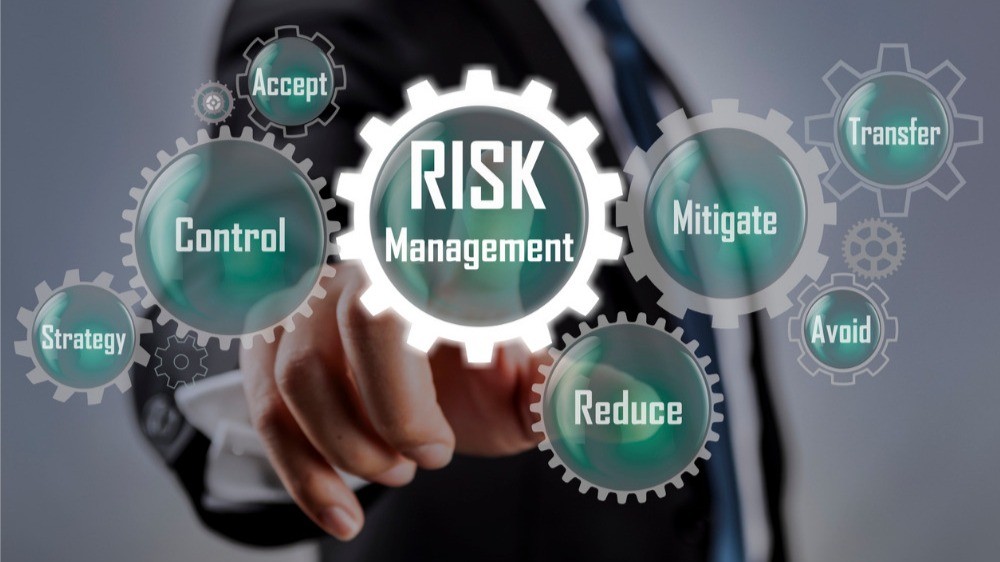In today’s fast-changing regulatory and environmental landscape, businesses in South Africa face increasing pressure to balance profitability with responsibility. Whether it’s reducing carbon footprints, meeting environmental legislation, or demonstrating ethical governance, sustainable compliance management South Africa has become a core business priority.
Organizations that fail to comply not only risk financial penalties but also face reputational damage and stakeholder distrust. That’s why companies are turning to advanced solutions like Ariscu — a leader in compliance and sustainability software. For businesses seeking a deeper understanding of the tools available, Ariscu also offers valuable resources like their Complete Guide to Compliance Software in South Africa.
This blog will unpack what sustainable compliance management means, how it is evolving in South Africa, and how green technology solutions are helping businesses build resilience and accountability.
Understanding Sustainable Compliance Management
Sustainable compliance management is the practice of ensuring that businesses meet regulatory, environmental, and ethical obligations while aligning with long-term sustainability goals.
In South Africa, this involves:
- Adhering to environmental regulations (air quality, waste management, water usage).
- Meeting corporate governance and reporting requirements.
- Implementing frameworks for corporate sustainability compliance.
- Using technology-driven platforms to monitor and track obligations in real time.
Rather than viewing compliance as a tick-box exercise, businesses are recognizing it as a strategic tool to drive operational efficiency and foster trust with stakeholders.
Why South Africa Needs Sustainability Compliance
South Africa’s economy is resource-intensive, relying heavily on mining, energy, and agriculture. These sectors are under scrutiny for their environmental impact, carbon emissions, and community obligations. Sustainability compliance in SA ensures businesses can balance growth with responsibility.
Key drivers include:
- Environmental challenges: High carbon emissions, water scarcity, and biodiversity risks.
- Global trade pressure: International partners demand proof of sustainability.
- Regulatory frameworks: National Environmental Management Act (NEMA), Carbon Tax Act, and other eco-regulations require strict monitoring.
- Stakeholder expectations: Investors and consumers demand ethical, eco-conscious practices.
This makes sustainable compliance management not just an option, but a necessity for long-term success.
The Role of Technology: Green Compliance Software
To manage complex compliance requirements, businesses are increasingly adopting green compliance software. These tools simplify the process of tracking, reporting, and ensuring adherence to regulatory and sustainability standards.
Benefits of green compliance software include:
- Centralized compliance data and reporting.
- Automation of monitoring and auditing processes.
- Real-time updates on regulatory changes.
- Integration with sustainability metrics and ESG reporting.
- Reduction of manual errors and inefficiencies.
Platforms like Ariscu’s environmental compliance platforms empower businesses to move beyond reactive compliance toward proactive, strategic management.
Eco Regulatory Tools for South African Businesses
Compliance in South Africa involves more than meeting legal obligations — it requires a forward-looking approach to environmental stewardship. Eco regulatory tools provide businesses with actionable insights to manage resources responsibly while staying ahead of legal risks.
Examples include:
- Carbon tracking systems.
- Waste management monitoring.
- Energy consumption dashboards.
- ESG reporting frameworks tailored for South Africa.
When combined with a robust compliance strategy, these tools enable companies to showcase measurable progress toward their sustainability goals.
Corporate Sustainability Compliance as a Competitive Advantage
Corporate sustainability compliance is no longer just about avoiding penalties. It has become a competitive differentiator in South Africa’s dynamic economy. Companies that integrate sustainability into compliance gain advantages such as:
- Stronger brand reputation and stakeholder trust.
- Easier access to global markets where eco-compliance is mandatory.
- Improved operational efficiency through resource management.
- Enhanced ability to attract and retain eco-conscious investors and customers.
Forward-looking businesses are embedding sustainability into their compliance culture, positioning themselves as leaders in responsible business practices.
Ariscu: Leading Environmental Compliance Platforms
Ariscu is at the forefront of providing environmental compliance platforms that meet the needs of South African businesses. Their solutions focus on simplifying compliance while enabling companies to align with sustainability goals.
Key features of Ariscu’s platform include:
- Comprehensive compliance monitoring tools.
- Sustainability and ESG reporting integrations.
- Risk management dashboards tailored to South African industries.
- Mobile-friendly solutions for on-the-ground teams.
By leveraging Ariscu’s expertise, businesses can ensure they remain compliant while making measurable progress toward a greener, more sustainable future.
Challenges in Implementing Sustainability Compliance in SA
Despite the benefits, businesses often face challenges in implementing effective sustainability compliance:
- Complex Regulations: Multiple laws and frameworks across different sectors.
- Resource Constraints: Smaller businesses struggle with compliance costs.
- Data Management: Collecting and analyzing accurate sustainability data.
- Cultural Shifts: Moving from reactive to proactive compliance mindsets.
Here, environmental compliance platforms and eco regulatory tools provide practical solutions, enabling companies to streamline compliance without overwhelming resources.
Future of Sustainability Compliance in South Africa
Looking ahead, sustainability compliance SA is expected to become more stringent, with increasing alignment to international ESG frameworks. Businesses that adopt advanced tools today will be better positioned to:
- Anticipate regulatory changes.
- Meet carbon neutrality targets.
- Gain credibility in global markets.
- Demonstrate leadership in responsible corporate governance.
Technology-driven compliance solutions like Ariscu’s will continue to be at the center of this transition.
FAQs
What is sustainable compliance management in South Africa?
It is the practice of aligning legal compliance with environmental and sustainability goals to ensure responsible business practices.
Why is sustainable compliance management important for companies?
It reduces legal risks, enhances reputation, and helps businesses operate responsibly in a resource-constrained environment.
How does Ariscu support sustainable compliance management?
Ariscu provides environmental compliance platforms and eco regulatory tools that simplify monitoring, reporting, and sustainability management.
What industries benefit from sustainable compliance management in SA?
Mining, energy, manufacturing, agriculture, and finance sectors benefit most due to high regulatory and sustainability demands.
How can businesses implement sustainable compliance effectively?
They can adopt green compliance software, integrate ESG reporting, and use eco regulatory tools for proactive management.
Conclusion
Sustainable compliance management South Africa is more than a regulatory necessity — it is the foundation for long-term corporate resilience and competitiveness. By adopting green compliance software, leveraging eco regulatory tools, and embracing corporate sustainability compliance, businesses can thrive in an increasingly demanding regulatory landscape.
With platforms like Ariscu’s environmental compliance solutions, South African companies have the tools to meet compliance obligations while contributing meaningfully to national and global sustainability goals.







